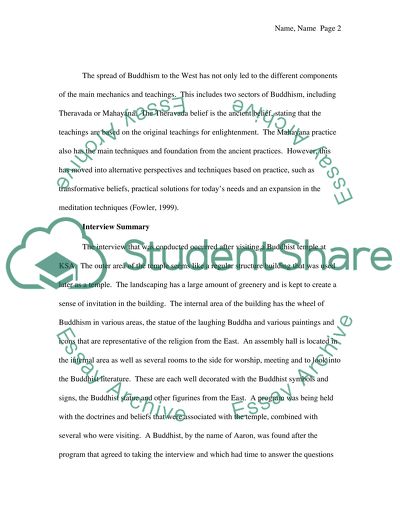Cite this document
(“World Religions Report Assignment Example | Topics and Well Written Essays - 1500 words”, n.d.)
Retrieved from https://studentshare.org/religion-and-theology/1436944-world-religions-report
Retrieved from https://studentshare.org/religion-and-theology/1436944-world-religions-report
(World Religions Report Assignment Example | Topics and Well Written Essays - 1500 Words)
https://studentshare.org/religion-and-theology/1436944-world-religions-report.
https://studentshare.org/religion-and-theology/1436944-world-religions-report.
“World Religions Report Assignment Example | Topics and Well Written Essays - 1500 Words”, n.d. https://studentshare.org/religion-and-theology/1436944-world-religions-report.


